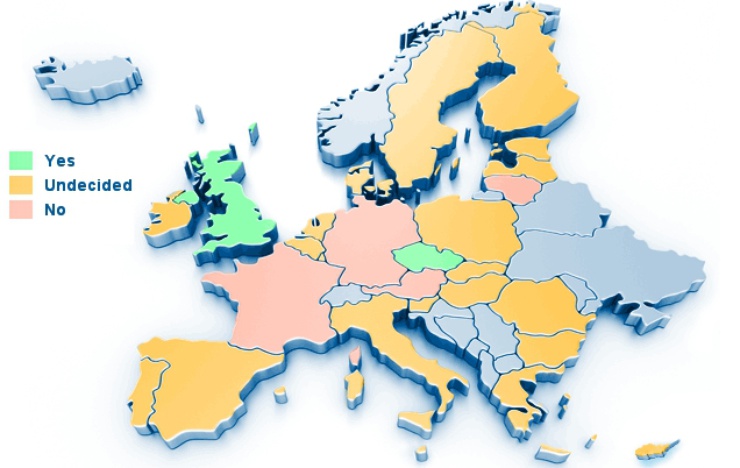
Intellectual property and ‘books for blind people’ – EU too conservative?
Published on
Imagine a bookshop where 95% of the books were padlocked and unavailable for you to buy. Imagine that other customers in that shop could browse freely and buy whichever book they wanted. How would you feel? Blind people face such a ‘book famine’ every day
The European blind union (EBU) estimates the number of blind and partially sighted people in Europe to be circa 30 million across Europe as a whole (EU and non-EU countries). If you’re one of these people, you still have the ability to read the same book as anyone else. You just read that book in ‘accessible formats’ such as braille, audio, large print or in the case of e-books, through text-to-speech software. Your problem is not your disability, your problem is availability. 95% of all books published are never made into accessible formats for blind people to buy or borrow from a library. The few that you can get are mainly produced by small charities with limited budgets.
Blind should read
When charities convert the print or digital version of a book into an ‘accessible format’, they are of course making a copy of the book. That doesn’t break copyright law in countries where there is a legal ‘exception’ to copyright law for the benefit of blind people. However, only a third of the world’s countries have such an exception. Also, if a blind person’s organisation in England, say, reformats a digital version of the latest Harry Potter book so that it can be easily converted to braille or large print, copyright law prevents that ‘master file’ from being sent to another blind person’s organisation in another English-speaking country. That means that the time and cost of re-formatting needs to be replicated by blind people’s organisations in different countries across the globe, costing thousands of euros in duplicated efforts. That’s money that could have been spent making more titles accessible.

If only there were a treaty requiring that all countries had an exception to copyright law for blind people, and which allowed the sharing of these ‘accessible formats’ between these charities across the world. Blind people would be able to read thousands more books. ‘We’ve been campaigning for this treaty for several years now,’ explains Wolfgang Angermann, president of the EBU. ‘One main reason it has not been agreed is that the EU negotiators have opposed and stalled it. The European parliament backs our treaty.’ However, not the European council or commission.
Austria and Lithuania – against blind rights?
Unlike most of the world’s countries, the EU’s member states - except for the UK and Czech Republic - so far - have been resisting a treaty, which the world intellectual property organisation (WIPO) in Geneva could finally agree on in July. The reason for this EU procrastination/ opposition/ hiding behind collective decision-making is twofold. Firstly, there is a strong publisher lobby against the treaty in influential countries such as France and Germany especially. The publishers don't really have a problem with a treaty for blind people, but fear that it would set a precedent for other international treaties providing exceptions to copyright for other groups. Secondly, the EU member states oppose because of innate conservatism. France has been the most open and vociferous opponent. It's ironic that the country which gave us braille opposes this.
Image: (cc) _Max-B-/ Flickr/ anticameradelcestino.wordpress.com/; © EBU



